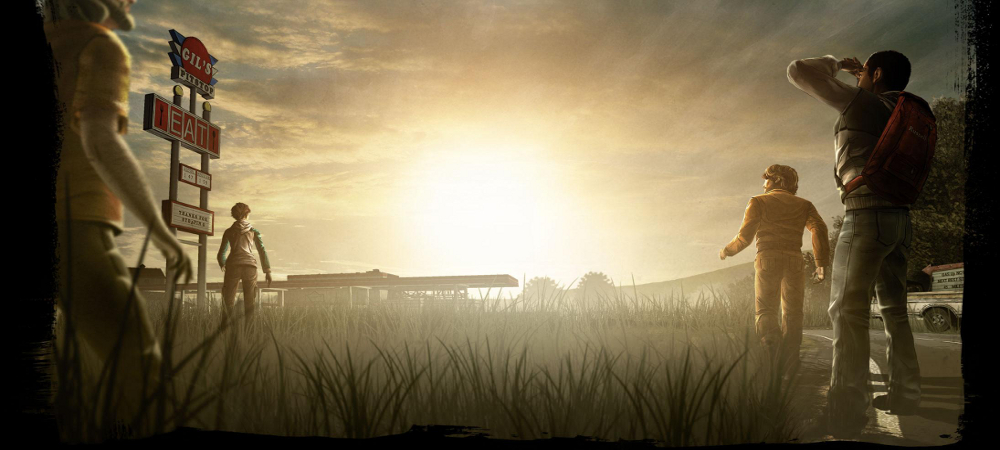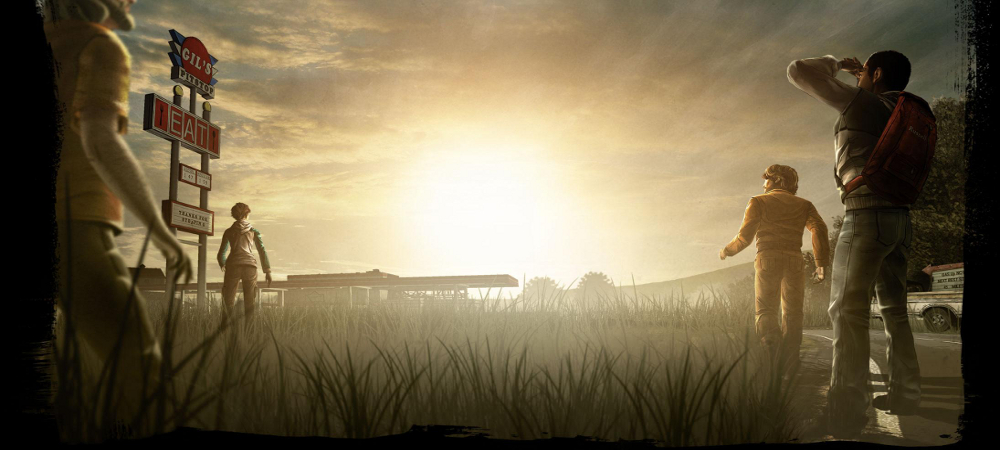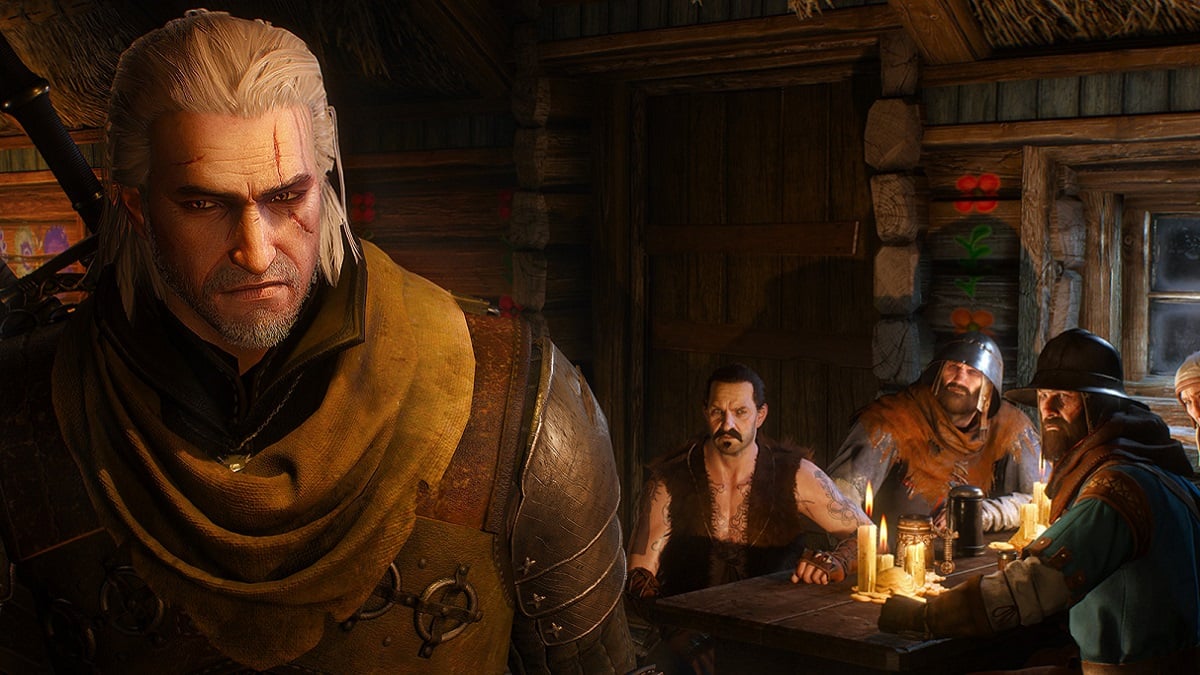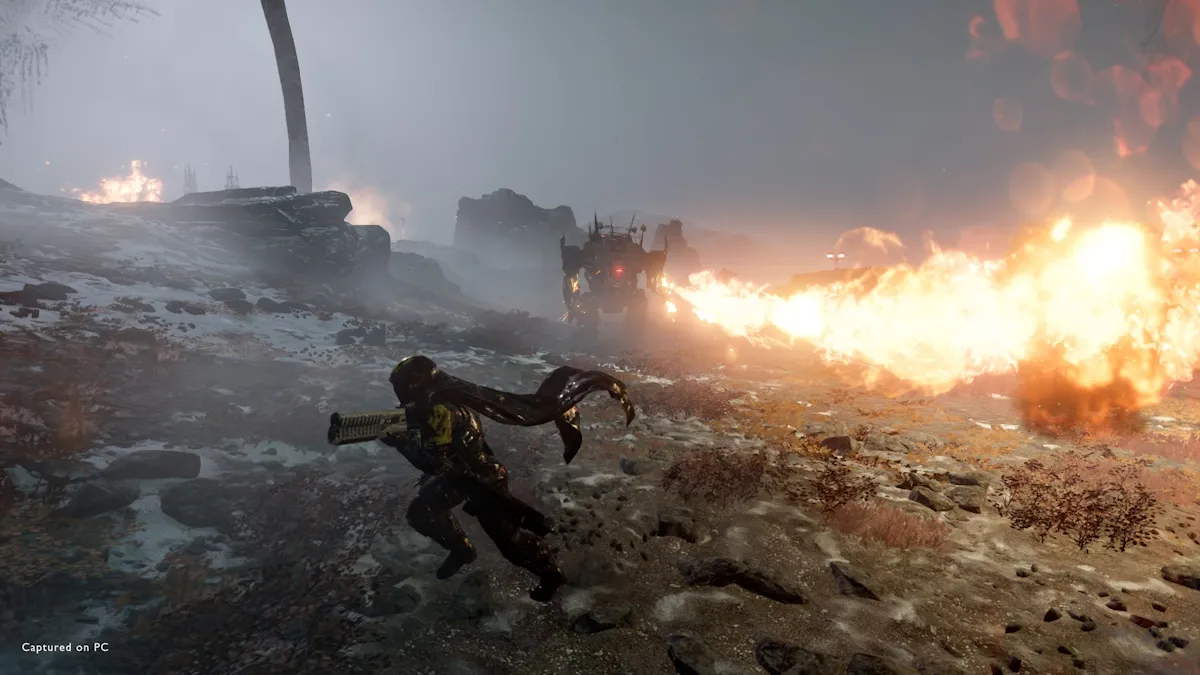Still great without Lee and Clem
The Walking Dead: 400 Days is the work of a studio clearly not resting on its laurels. Acting as a bridge between season one and the upcoming sequel, 400 Days retains all of the harrowing, human and undead drama that made Lee and Clem’s adventure so compelling and tragic, yet it’s a post-apocalyptic anthology, with characters only getting around 20 minutes to make an impact.
Five new protagonists, and five separate stories centred around one are across 400 days — Telltale risked the game’s focus in attempting to weave so many tales, but it’s a risk that has paid off. Each character and their unpleasant experiences brings something new to the macabre table, and while my time with them may have been short, it was gripping.

The Walking Dead: 400 Days (iOS, PC [reviewed], PlayStation Network, Xbox Live Arcade)
Developer: Telltale Games
Publisher: Telltale Games
Released: July 2, 2013 (PlayStation Network) July 3, 2013 (PC), July 5 (Xbox Live Arcade), July 11 (iOS App Store)
MSRP: $4.99
Rig: Intel i5-3570K @3.40 GHz, 8 GB of RAM, GeForce GTX 670, and Windows 7 64-bit
Outside the dilapidated, abandoned truck stop Red’s Diner is a board covered in letters and photographs. Survivors have pinned messages to loved ones, pleas, and pictures of the deceased and living onto its cluttered surface. It’s a scene not uncommon in zombie flicks and literature, and in 400 Days it serves as a window into the lives of five particular survivors.
This quintet of tales can be played in any order, as they are only really connected by location — the whole game takes place in the area around the diner and the road it sits on — though some of the same objects, characters, and even zombies appear in multiple stories. After selecting a picture from the board, all taken during happier times, players experience a slice of the trauma, horror, and even a snippet of levity that these “lucky” survivor’s have lived through.
While season one’s episodes had the luxury of slowly building characters, throwing up the occasional puzzle, and breaking up the dialogue and zombie attacks with some exploration, 400 Days is too short for such an approach. Each arc is centered around one event: a dispute between members of a small colony, a car accident, a theft — they are diverse scenarios, but all tightly focused.
The differences between each segment make for a satisfying whole. You might start off following Shel around her compound, chatting to her fellow survivors, looking after her sister, but the next tale you select might be Wyatt’s, which has zombie shooting and body dragging on a lonely road shrouded in mist. But separately, they are less satisfying, and some sections don’t work quite as well mechanically, particularly when it comes to action.
For the most part, the cast of each individual story are all very familiar with one another, so there’s no over-exposition and no introductions. We witness them at a stage where they are already quite used to the end of civilization, other than Vincent, whose tale of being trapped in a prison bus takes place a mere two days into the zombie outbreak.

With no time to slowly reveal the backgrounds of these protagonists, 400 Days relies on extremely natural dialogue and the difficult decisions that the series has become known for. Conversations that seem almost throwaway — debates about whether one would rather have a snake for a tongue or lobster claws and an impromptu game of rock, paper, scissors — humanize the cast quickly, and the horrible choices that must be made on their behalf forces players to think about the motivations of the characters, making them seem all the more fleshed out.
Like season one before it, 400 Days poses no small amount of morally ambiguous quandaries the players way. Do you potentially risk the safety of a loved one to avoid killing a friend? Do you own up to terrible mistake and chance the loss of your only companion? Do you choose rock instead of paper? I’m only partly being facetious in regards to the last one — it still has an impact.
There were many agonizing moments spent trying to decide what I should do or say, and even now I’m second guessing myself. When I fucked up, and trust me, I really fucked up, I felt genuine guilt. I wasn’t as invested in the characters to the same degree I was with Lee and Clem, but I still found myself caring.
Just as players could with Lee, tonally different responses can be used in dialogue. These go a long way to fostering a connection between player and protagonist, letting one build the character in a meaningful way. Vincent can be an arsehole or repentant, while Shel can be peaceful and indecisive or direct and pragmatic, and there are plenty of shades in between.

Unfortunately, playing five individuals, all with their own personalities and pasts, leads to a sense of inconsistency. In previous episodes, one has a much better sense of who the protagonist is. Players became familiar with their version of Lee, so the choices they made seemed natural. Twenty minutes is not even close to enough time to develop such an understanding with the protagonists of 400 Days, and one moment you might be called on to consider the safety of a child, while the next you’re all on you’re own, dealing with a hillbilly psychopath. It can be quite jarring to jump around, dealing with such vastly different, barely connected scenarios.
Instead of the arcs ending with some real closure, they all lead up to one shared closing scene — presumably meant to tie into season two. It’s a tacked-on epilogue that doesn’t make much sense and forces a connection between the survivors that isn’t really explained. Watching it was akin to viewing the last five minutes of a season finale on the TV after only seeing one episode.
Despite this, The Walking Dead: 400 Days is a worthwhile, bold narrative experiment. It throws away most of the trappings of the adventure game genre that the first season still hung onto; it’s more directed, which perhaps makes it less compelling to play, but just as wonderful to experience. If The Walking Dead is more about dialogue and choices than the occasional puzzle and cupboard searching, then 400 Days is an excellent addition to the series.





